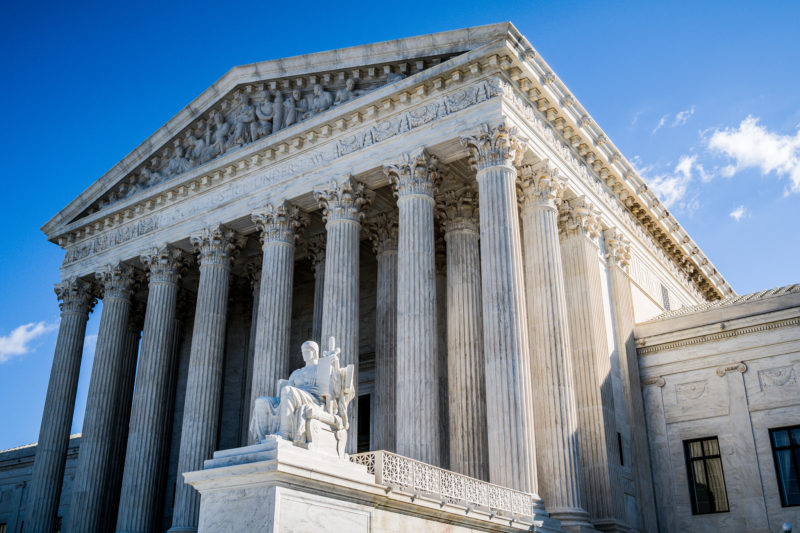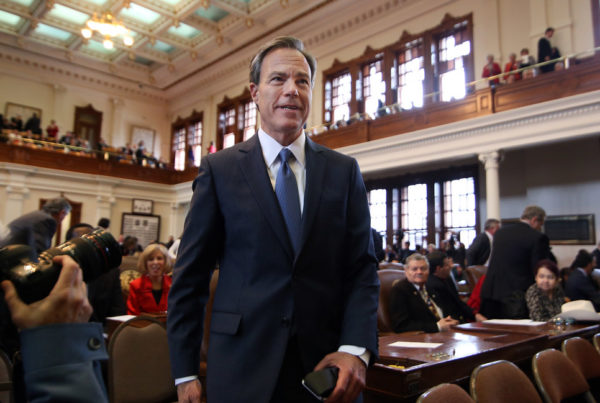On the last day of its current term, the U.S. Supreme Court handed down two highly anticipated rulings: one on partisan gerrymandering, the other addressing whether the inclusion of a citizenship question on the 2020 census can be allowed.
In 5-4 rulings in two cases, the court decided that objections to partisan gerrymandering of districts “present political questions” that are beyond the scope of the federal judiciary. In the census case, the court returned the question of whether asking census respondents their citizenship status to a lower court – a defeat for the Trump administration, which wanted to include the question.
Joseph Fishkin is a professor of law at The University of Texas at Austin. He says the Supreme Court has previously been reluctant to intervene in the drawing of local political districts, but that it would step in when districts included unequal numbers of residents, or when they were drawn to exclude racial minorities or to cluster those minorities in certain districts.
“Today, what the court held is that political gerrymandering is different, and in that area, the court can’t find any manageable standards. And so the five-Justice conservative majority holds that gerrymandering won’t be policed by the courts,” Fishkin says.
Rocky Rhodes, a professor of law at South Texas College of Law in Houston, says Texas has claimed in its responses to challenges over the way it has drawn political maps that it made choices based on politics, not on race. The court’s ruling seems to affirm that Texas can continue its approach to determining political districts.
Rhodes points out that while the court’s ruling will keep federal courts out of partisan gerrymandering cases, state courts can still get involved. But that’s not likely in Texas, Rhodes says.
The ruling also doesn’t prevent Congress from getting involved.
In another ruling, Fishkin says the court rejected the Trump administration’s rationale for including a citizenship question on the census. The administration had claimed the question would allow it to better enforce the Voting Rights Act provision that protects against the dilution of voting strength in minority communities.
“This rationale was so transparently pretextual,” Fishkin says. “It was so obviously not the real reason, that even Chief Justice Roberts, who seemed to be wanting to find a way to add the census question, just couldn’t get there.”
Rhodes says that sending the census case back to a lower court has the effect of directing the Secretary of Commerce to come up with a better reason to include a citizenship question. At the same time, the deadline to prepare census forms is approaching.
“I think Secretary [of Commerce Wilbur] Ross is going to have the same problems with the fact that there doesn’t seem to be any true basis for this other than pretext to help Republicans … in the next cycle,” Rhodes says.
Written by Shelly Brisbin.














